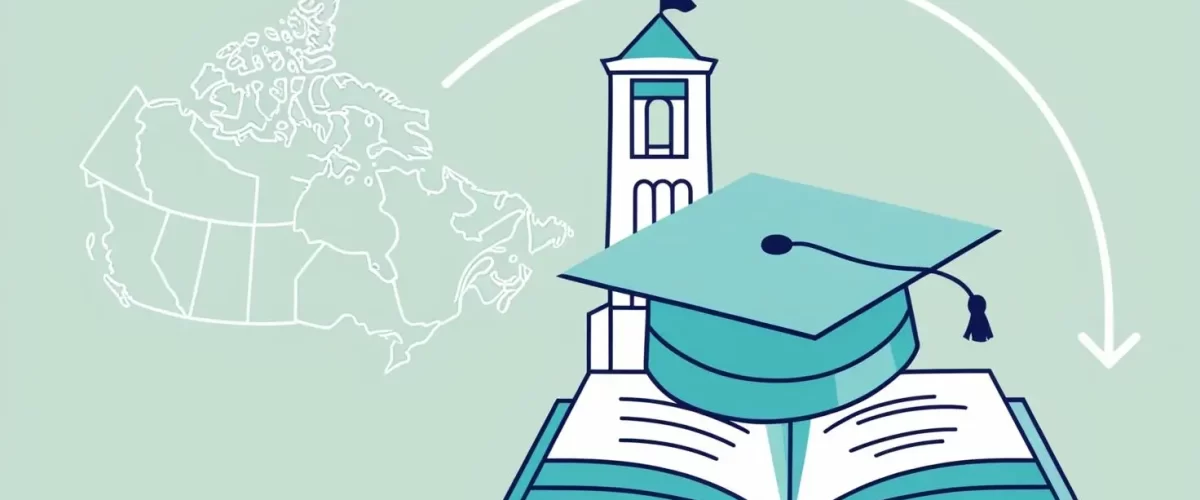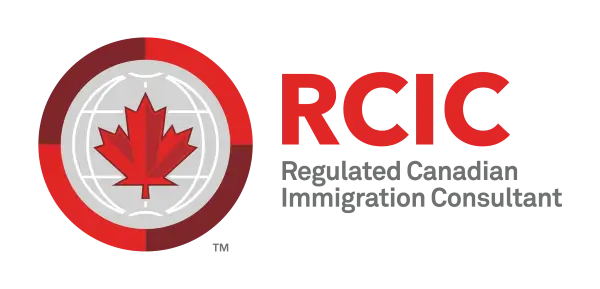Applying for a Canadian Study Visa
The Canadian study visa is a popular route for immigration, offering access to top-tier global education while enhancing prospects for employment and permanent residency. Based on recent experiences and updated Canadian government regulations, graduates from Canadian institutions are given priority for job offers and work opportunities. Thus, unlike in many other countries, the Canadian study visa is not solely about education—it can be a stepping stone in a broader immigration plan. Below, we’ll delve into the details of this visa.
Overview of Canada
Located in North America, Canada is one of the world’s leading immigration destinations. With an annual increase in legal immigrant intake and a focus on attracting skilled professionals, Canada aims to advance its industry and technology sectors. A stable economy, high social welfare standards, decent income levels, significant security, and extensive educational and job opportunities are key factors drawing immigrants and international students to this country.
What Is a Canadian Study Visa?
The Canadian study visa is a temporary visa that allows students to reside in Canada for the duration of their academic program and move freely within the country. Under Canadian immigration laws, international students must leave the country within 90 days after completing their studies and upon the expiration of their visa.
Initial Requirements for a Study Visa
- Submission of identity documents for the applicant and any accompanying individuals (if applicable)
- Acceptance letter from a recognized Canadian college or university
- Proof of intent to return to the home country after studies
- Four-month bank statement demonstrating sufficient funds for tuition and living expenses
- A logical and acceptable Study Plan
- Certificate of no criminal record
- Completed visa application form
Required Documents for a Study Visa
- Official acceptance letter from the university
- Valid passport
- Passport-sized photo
- Identity documents
- Proof of financial capacity
- Certificate of no criminal record
- Travel insurance
- Medical examinations (required for certain programs)
Documents Required for University Admission in Canada
- Formal study application
- Valid passport
- Latest academic credential (12-year diploma for undergraduate, bachelor’s degree for master’s)
- Transcripts of the last three years of study
- Identity documents
- Passport-sized photo
- Proof of tuition payment
- Language proficiency certificate (e.g., IELTS)
To obtain a study visa, you must first secure admission from a reputable Canadian university or educational institution. Selecting a university aligned with your desired field of study and corresponding with them to submit documents are critical steps. The institution’s credibility significantly impacts the speed of application processing and the immigration officer’s decision.
Study Visa During the COVID-19 Pandemic
The COVID-19 pandemic disrupted visa processing, and entry to Canada with a tourist visa remains restricted. This has also affected study visas, causing issues such as embassy closures, border restrictions, and delays in application reviews. However, some universities have introduced online classes. Upon arrival in Canada, a negative COVID-19 test and a 14-day quarantine before attending university are mandatory, unless the student has received a vaccine approved by the World Health Organization, in which case quarantine is waived.
Studying in Canadian Schools
Canada’s school system is divided into elementary (kindergarten to grade six) and secondary (grades seven to twelve). Education is compulsory for ages 6 to 18 by law. Schools are categorized as public, private, or international. Foreign students without resident parents must enroll in international schools and pay tuition, but if parents hold residency, public school education is free.
Cost of Studying in Canada
Tuition fees in Canada vary by university, city, and field of study. For Canadian citizens, the average undergraduate tuition is approximately CAD 6,838, and for master’s programs, it’s around CAD 7,086. For international students, the average annual cost is estimated at CAD 27,159. Arts and humanities programs are typically cheaper than engineering or medicine, while business and management average CAD 26,395, slightly below the overall mean. Master’s programs cost an average of CAD 16,497, often less than undergraduate degrees. For international students, undergraduate tuition averages CAD 32,000, and graduate studies around CAD 19,000 annually.
Admission Requirements for Undergraduate Studies
For a bachelor’s degree, a 12-year diploma and an IELTS score of at least 6 are required. This four-year program awards a Bachelor’s degree upon completion, and students can work part-time up to 20 hours per week. The ideal maximum age for admission is typically 23; older applicants must provide compelling reasons for any study gaps.
Required Documents: 12-year diploma, transcripts, language certificate (some universities offer conditional admission without a language test, requiring a language course in Canada).
Admission Requirements for Master’s Studies
Master’s programs, lasting 1–2 years depending on the field, are offered as coursework-based, research-based, or a combination. Upon completion, an M.A. (Master’s) degree is awarded, with part-time work allowed up to 20 hours weekly. The ideal age for admission is up to 32.
Required Documents: Diploma and bachelor’s degree, GPA above 13 (out of 20), IELTS 6 or 6.5 (conditional admission without a language test is possible).
Residency After Studies
Per regulations, students must leave Canada within 90 days of visa expiration, but they can extend their stay via a Post-Graduate Work Permit (PGWP), valid for up to 3 years and renewable. The university’s reputation and program duration affect eligibility. Programs shorter than 8 months or from certain private colleges do not qualify.
Required Documents: Passport, valid degree, study permit, identity, and medical documents.
Admission Requirements for Doctoral Studies
PhD admission requires a GPA above 13 from prior degrees and an IELTS score of 7 (varies by university). Applicants must contact a relevant professor and convince them with a strong resume. Programs last 3–5 years and often include scholarships (full funding or tuition coverage). Part-time work may be limited with funding.
Key Tips: High GPA, strong language skills, ISI publications, and a compelling proposal boost acceptance chances.
Canadian Dependent Visa
Academic migration to Canada has been on the rise, but separation from family, especially spouses, poses a significant challenge. To address this, Canada offers a dependent visa for students’ families, allowing spouses, children, or parents to join them, provided financial support is proven by the applicant or a dependent.
Dependent Visa Conditions
Dependents include spouses, children, or legal guardians. A spouse can be legally married (Spouse) or a common-law partner (minimum one year of cohabitation proven by documents like leases or joint bank accounts). Long-distance relationships are not accepted.
Required Documents: Valid passport, translated identity documents, application form, marriage certificate, passport-sized photo, proof of financial capacity, travel history.







